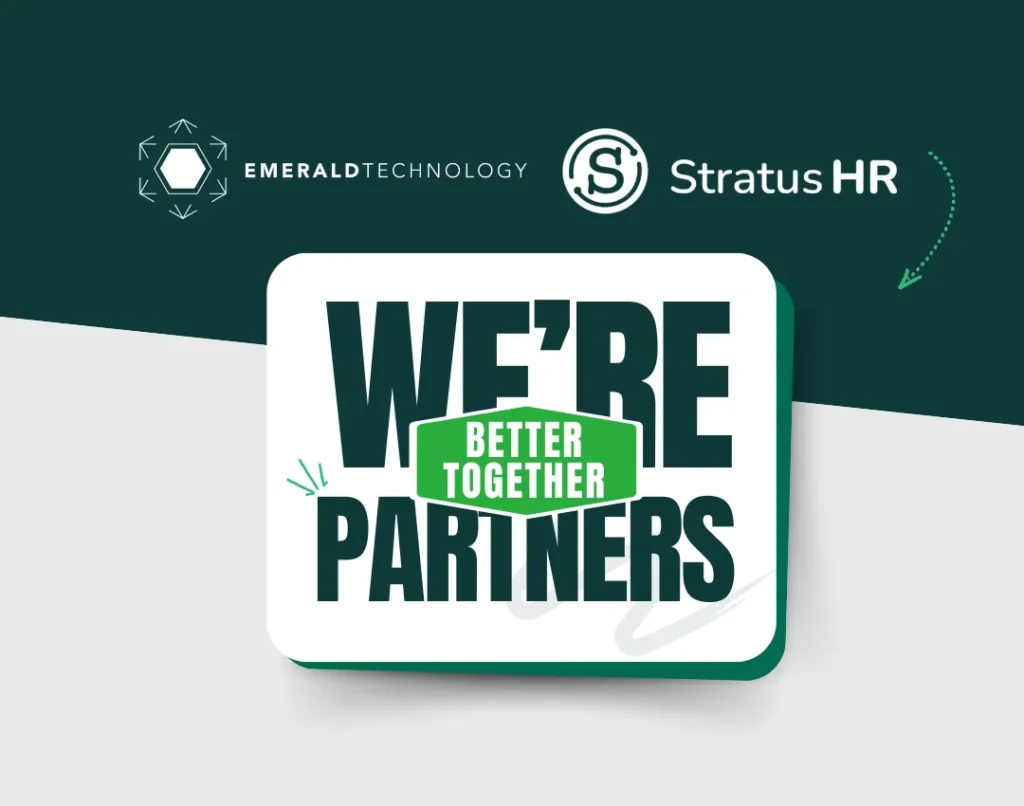Embarking on the journey of company registration in Ireland can feel like navigating a maze. The path is filled with legal intricacies, paperwork, and decisions that significantly shape your business’s future. This guide simplifies the process, offering a clear roadmap to establishing your venture in Ireland.
Starting a business in Ireland is a multi-faceted endeavour involving several steps, each with its own requirements and challenges. The Companies Registration Office (CRO) is your main point of contact for this journey. Let’s delve into the specifics of what this process entails in Ireland.
1. Choosing a Unique Company Name
The first step is selecting a unique company name. This isn’t just about branding; it’s a legal requirement in Ireland. The name you choose should not be identical or too similar to any other registered Irish company.
Additionally, certain words, such as those that imply state sponsorship, are restricted. You can reserve your chosen name online via the CORE system for a fee of €25, which is valid for 28 days. If you proceed with incorporation within these 28 days, this fee will be deducted from the incorporation fee.
2. Deciding On The Type Of Company
Ireland offers various company types, each with its rules and limitations. Here’s an expanded look:
- Private company limited by shares (LTD): This is the go-to option for most entrepreneurs. It offers maximum flexibility, allowing for a single director and no requirement for an Annual General Meeting.
- Designated activity company (DAC): This type is ideal for companies with a specific business focus. It requires at least two directors and mandates an Annual General Meeting if there are two or more members.
- Companies limited by guarantee (CLG): These are the darlings of non-profit organisations. They don’t have a share capital but do offer limited liability.
- Public limited companies (PLC): These are for the big players who wish to go public. They require at least two directors and are subject to stringent regulations.
- Unlimited companies: A less common choice, these companies have unlimited liability risks but offer other operational freedoms.
3. Key Forms and Documents: A Step-by-Step Guide
Navigating the paperwork for company registration in Ireland can be overwhelming. To make it easier, let’s break down the essential forms and documents you’ll need into a step-by-step process.
Step 1: Fill Out Form A1
The first form you’ll encounter is Form A1, which serves as the backbone of your application. Here’s what you’ll need to include:
- Proposed company name: Make sure it’s unique and doesn’t clash with existing Irish companies.
- Registered office address in Ireland: This isn’t just a formality; it’s a legal requirement.
- Company secretary and directors: Include their residential addresses and any other directorships they hold.
- Shareholders: List their names, addresses, and the number of shares each will hold.
Step 2: Prepare Your Company Constitution
Next, you’ll need to draft your company’s constitution. The complexity of this document depends on the type of company you’re setting up:
- For LTDs: A single-document constitution will suffice.
- For DACs, PLCs, and others: You’ll need a more detailed Memorandum and Articles of Association outlining the company’s rules and permitted activities.
Step 3: Determine Your NACE Code
Before submitting your application, you’ll need to identify your company’s NACE Code. This European Union standard classifies your company’s main economic activity. Make sure to include this code in Form A1.
Step 4: Choose Your Submission Scheme
Finally, it’s time to submit all these documents to the CRO. You have two options:
- Fé Phráinn A1 online scheme: Opt for this if you’re in a hurry. It aims to process your application within five working days.
- Ordinary online A1 scheme: Choose this if you have more time and want to double-check everything. It takes about ten working days.
Both schemes allow for online submissions but process applications in the order they’re received. So, the sooner you submit, the faster you’ll get through the queue.
Challenges And Obligations To Be Aware Of
Various challenges and legal obligations can trip you up if you’re not careful. Let’s unpack some of these complexities to help you navigate them more effectively.
Beneficial Ownership
In line with the EU’s Fourth Anti-Money Laundering Directive, Irish companies are required to maintain an internal register of beneficial ownership. This isn’t just a bureaucratic exercise; it’s a critical compliance issue. Failure to keep this register and file the information with the Central Register of Beneficial Ownership can result in significant fines, ranging from a Class A fine of up to €5,000 to a conviction on indictment with a penalty of up to €500,000.
It’s not just about the money; non-compliance can tarnish your company’s reputation and make business operations more challenging.
Foreign Companies and Branches
If you’re a foreign company aiming to set up a branch in Ireland, you’re entering a whole new realm of complexity. First off, you must register with the CRO within one month of establishing the branch. The documentation and requirements vary depending on whether your company is from an EEA member state or a non-EEA country.
For EEA companies, Form F12 is used for registration, while non-EEA companies will need to use Form F13. Additionally, non-EEA companies may require approval from the Minister for Justice and Equality, adding another layer to the process.
Incidental Obligations
When it comes to company registration, even the smallest details can have a big impact. For example, the CRO doesn’t provide a company seal, which is often required for executing documents like leases and contracts. You’ll need to purchase this separately from a third-party supplier.
Moreover, if you’re a beneficial owner without a Personal Public Service Number (PPSN), you must complete a BEN2 form to verify your identity. This form serves as an application for an RBO Number, which will be used for all future filings with the Register of Beneficial Ownership. The form undergoes a visual check, which may take a few days to issue the RBO Number. Companies are advised not to submit a second BEN2 form for the same person while waiting for the RBO Number.
Emeralds Services: Your Shortcut to Success
At Emerald, we take the complexity out of setting up a legal entity in Ireland by offering a tailored, end-to-end solution. Our expertise spans from seamlessly onboarding remote employees in full compliance with Irish laws to crafting contracts that meet both global and local legal standards. We eliminate payment hassles by ensuring timely and accurate compensation, and our proficiency in Irish visa processes means your team can work legally, no matter their location.
Scaling up? We’ve got you covered. We excel at sourcing the right talent to match your ambitions, whether you’re expanding within Ireland or internationally. Financial management is a breeze with our streamlined expense submission and reimbursement processes. And you’re never alone; our dedicated team offers round-the-clock support across multiple time zones.
We also pay close attention to the nuances of employee benefits in Ireland, from health insurance to maternity and paternity leave, ensuring you’re fully compliant and supportive of your team. Plus, we drive engagement processes that foster a positive work environment while keeping your payroll and hiring practices fully aligned with Irish laws.
Ready to take the next step? Get in touch with Emerald today. Your success is our mission.
Read also: How to Hire Employees in Ireland



